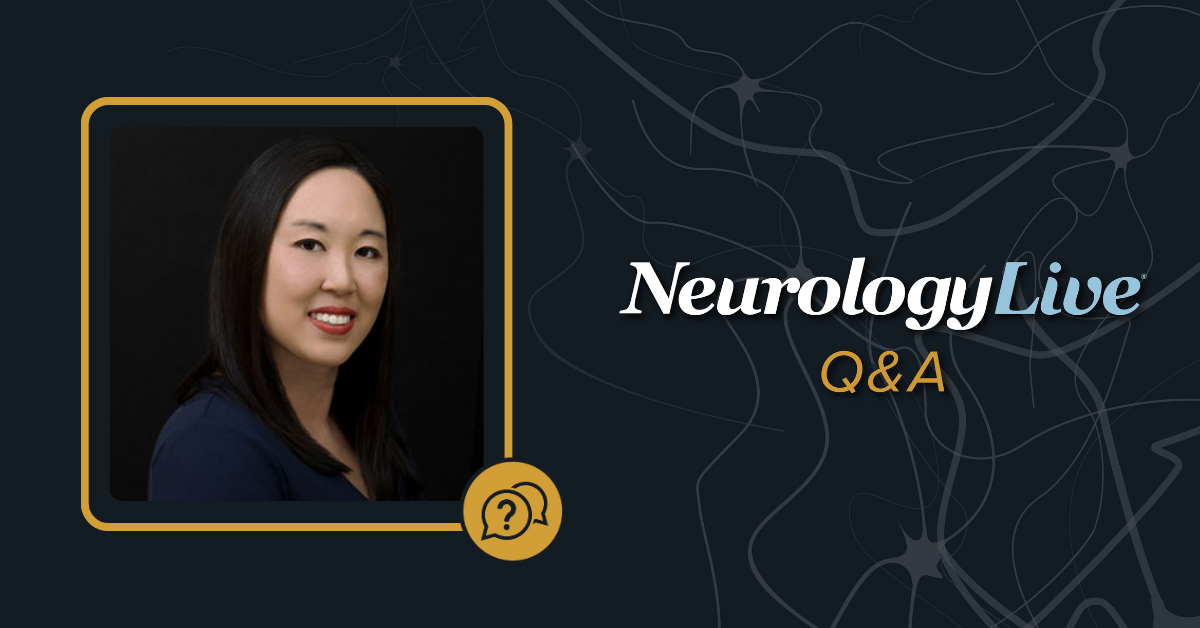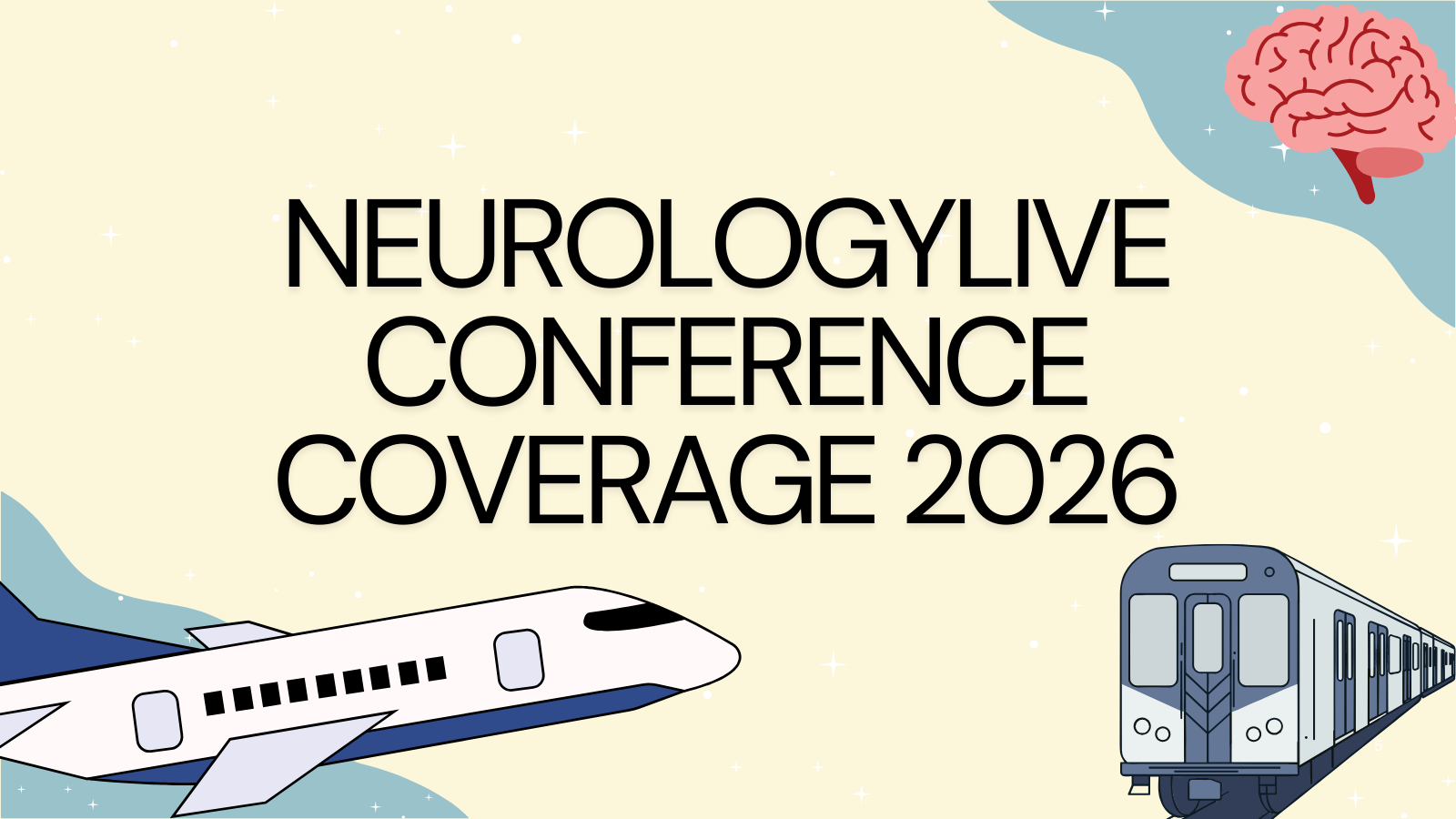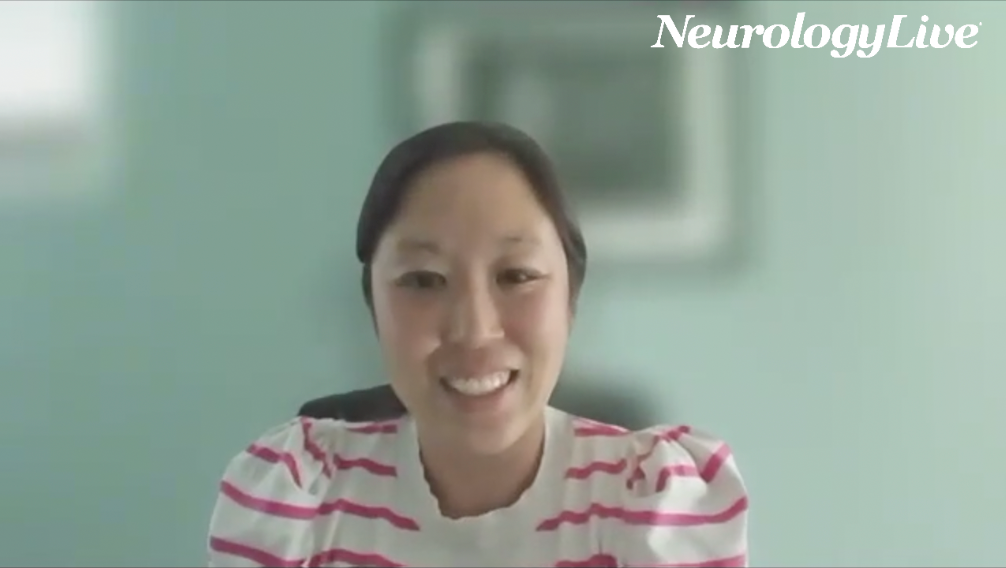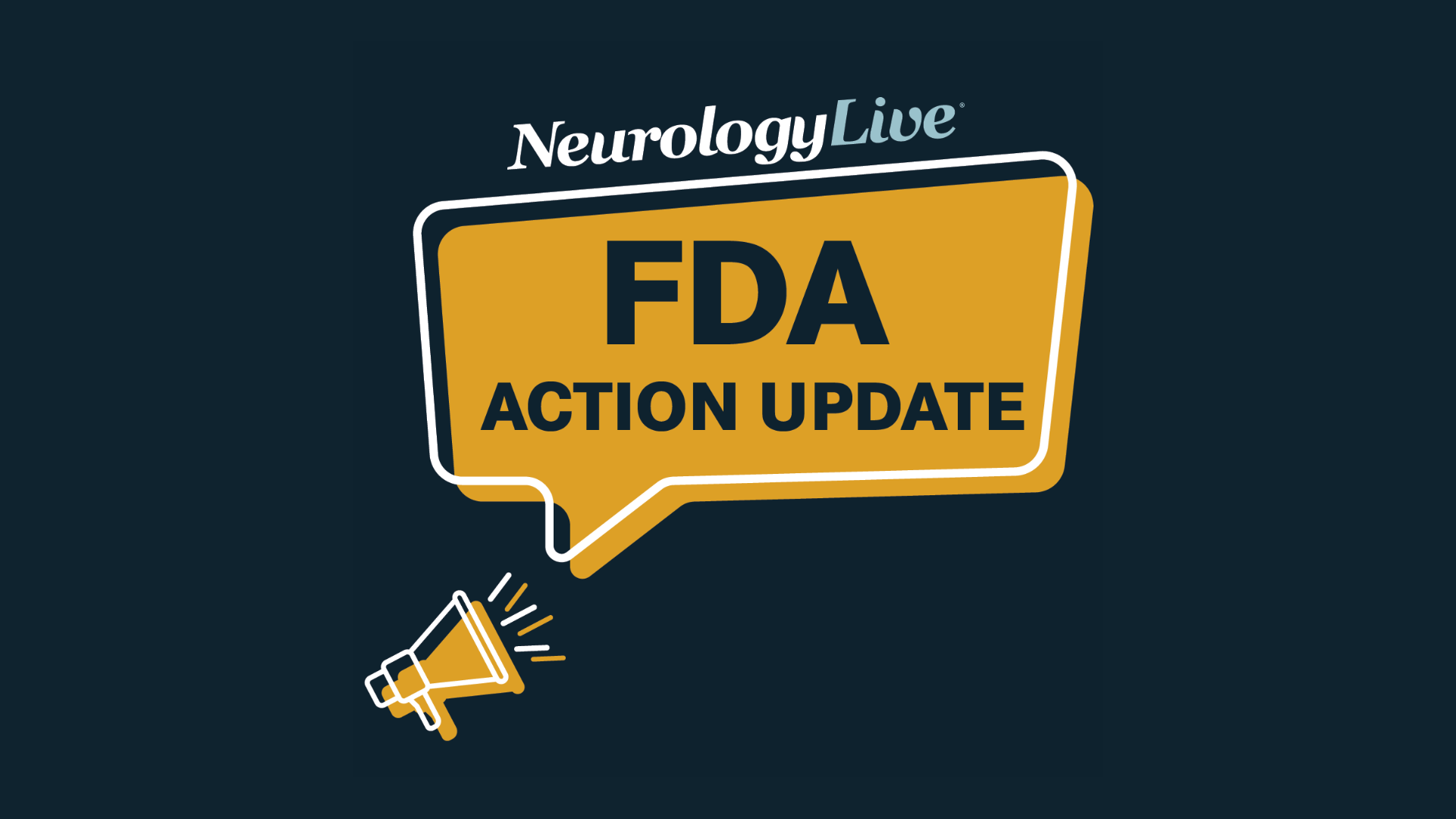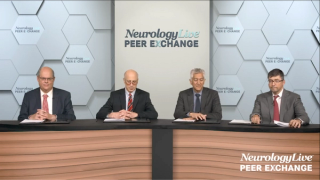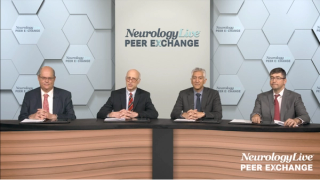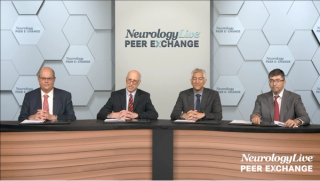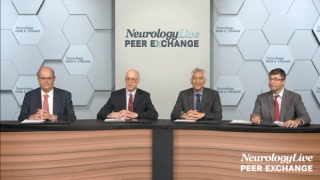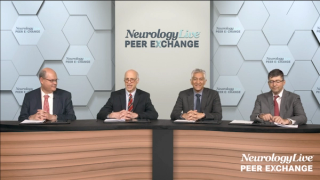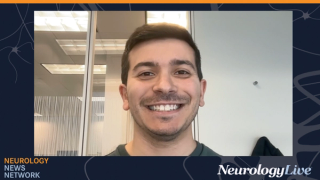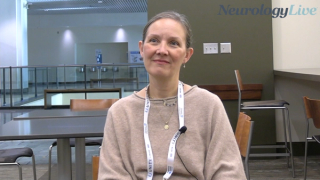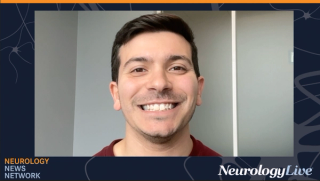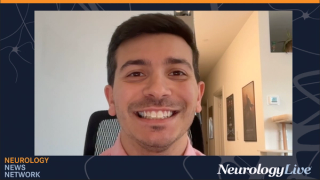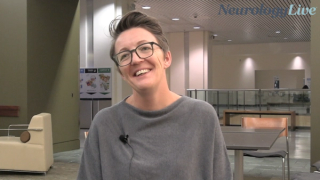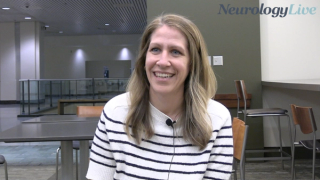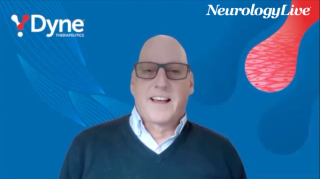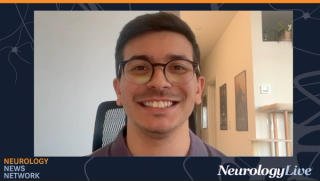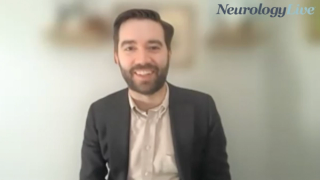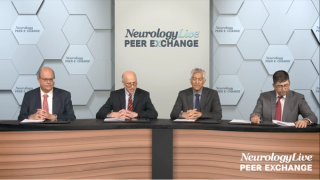
Neuromuscular
Latest News

Video Series
Latest Videos
Shorts
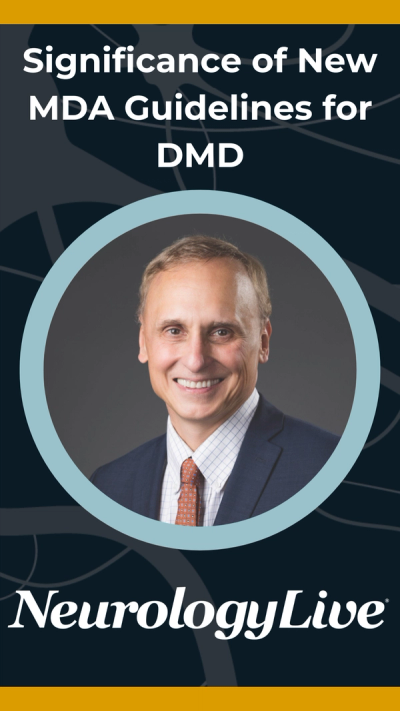
Podcasts
CME Content
More News
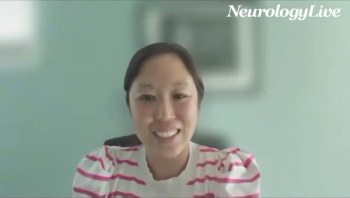
The chief research officer of the Muscular Dystrophy Association outlined emerging scientific priorities and community-driven initiatives shaping the 2026 MDA Clinical and Scientific Conference. [WATCH TIME: 4 minutes]

Here's some of what is coming soon to NeurologyLive® this week.
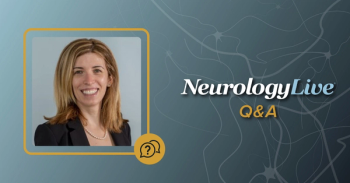
ALS expert Sabrina Paganoni, MD, PhD, provided follow-up commentary on promising phase 1 data from the LUMINA trial testing Amylyx’s novel agent AMX0114 in patients with early-stage ALS.
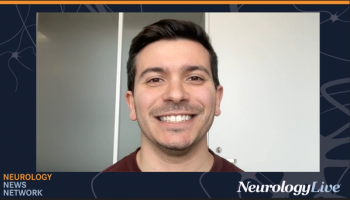
Neurology News Network for the week ending January 3, 2025. [WATCH TIME: 4 minutes]
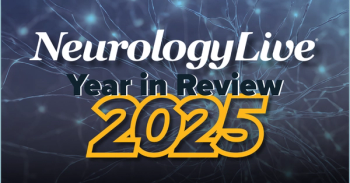
Explore anticipated FDA decisions on groundbreaking neurology drugs in 2026, shaping treatment options for various neurologic conditions.

As part of NeurologyLive®'s Year in Review, take a look at our top collaborative interviews with the Strategic Alliance Partnership program in 2025.

These were the most impactful FDA approval stories that were part of our coverage in 2025, brought to you as part of NeurologyLive's Year in Review.

Here's some of what is coming soon to NeurologyLive® this week.

A look back at clinician-led features from 2025 that examine the questions, data, and decisions shaping neurologic care.

Here's some of what is coming soon to NeurologyLive® this week.

New findings from the LUMINA trial reveal AMX0114's safety in ALS patients, paving the way for further research and potential treatment advancements.

Phase 3b study revealed Itvisma's safety and efficacy in treating spinal muscular atrophy, showing modest motor function improvements in patients previously on other therapies.

Angela Lek, PhD, chief research officer of the Muscular Dystrophy Association, discusses the FDA approval of intrathecal onasemnogene abeparvovec (Itvisma; Novartis) and what it means for SMA treatment across older pediatric and adult populations.

Here's some of what is coming soon to NeurologyLive® this week.

Take 5 minutes to catch up on NeurologyLive®'s highlights from the week ending December 12, 2025.

Inebilizumab is the first CD19-targeted B-cell therapy approved for antiAChR- or antiMuSK antibody–positive generalized myasthenia gravis, providing symptom control with twice-yearly dosing.

The phase 3 study aims to confirm findings from the HEALEY ALS platform trial in patients with early-stage rapidly progressive ALS, which suggested potential benefits of pridopidine across multiple domains.

Long-term treatment with z-rostudirsen over 24 months showed sustained functional improvements across all end points in patients with Duchenne muscular dystrophy amenable to exon 51 skipping.

Capricor Therapeutics anticipates that detailed phase 3 data from the HOPE-3 study will be submitted for presentation at a future scientific meeting and for publication in a peer-reviewed journal.
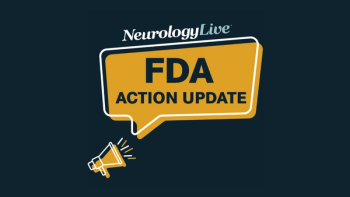
Catch up on any of the neurology news headlines you may have missed in November 2025, compiled into 1 place by the NeurologyLive® team.

Sharon Hesterlee, PhD, president and CEO of the Muscular Dystrophy Association, discussed the 2026 MDA Conference, the significance of its keynote speaker, and the evolving therapeutic landscape in neuromuscular medicine.

Here's some of what is coming soon to NeurologyLive® this week.

Take 5 minutes to catch up on NeurologyLive®'s highlights from the week ending December 5, 2025.

Baptist Health Brain & Spine enhances its neurology leadership with Peter Abdelmalik, MD, focusing on patient care, education, and operational efficiency.

Here's some of what is coming soon to NeurologyLive® this week.

